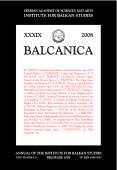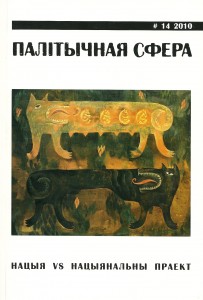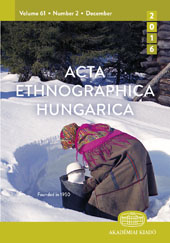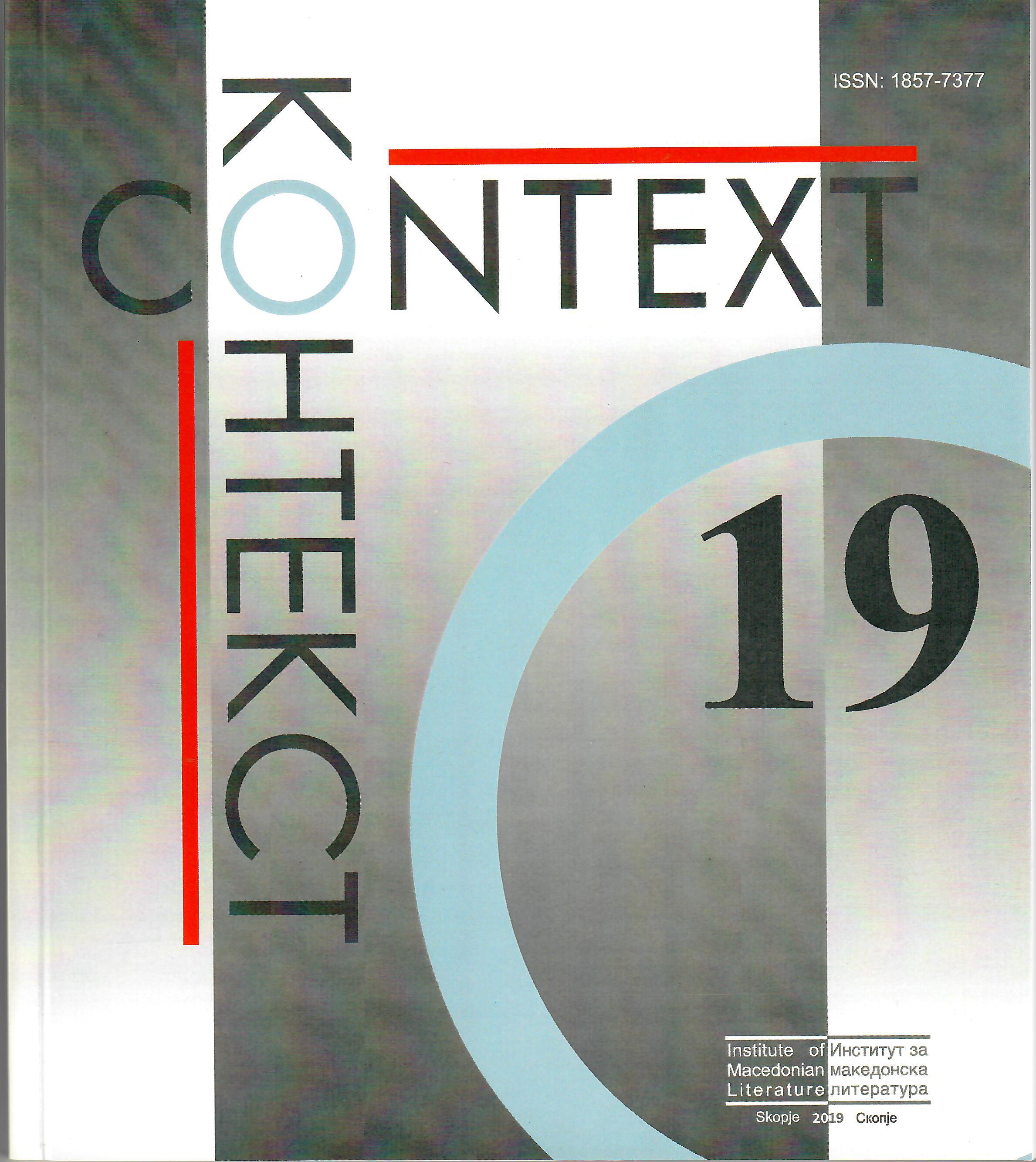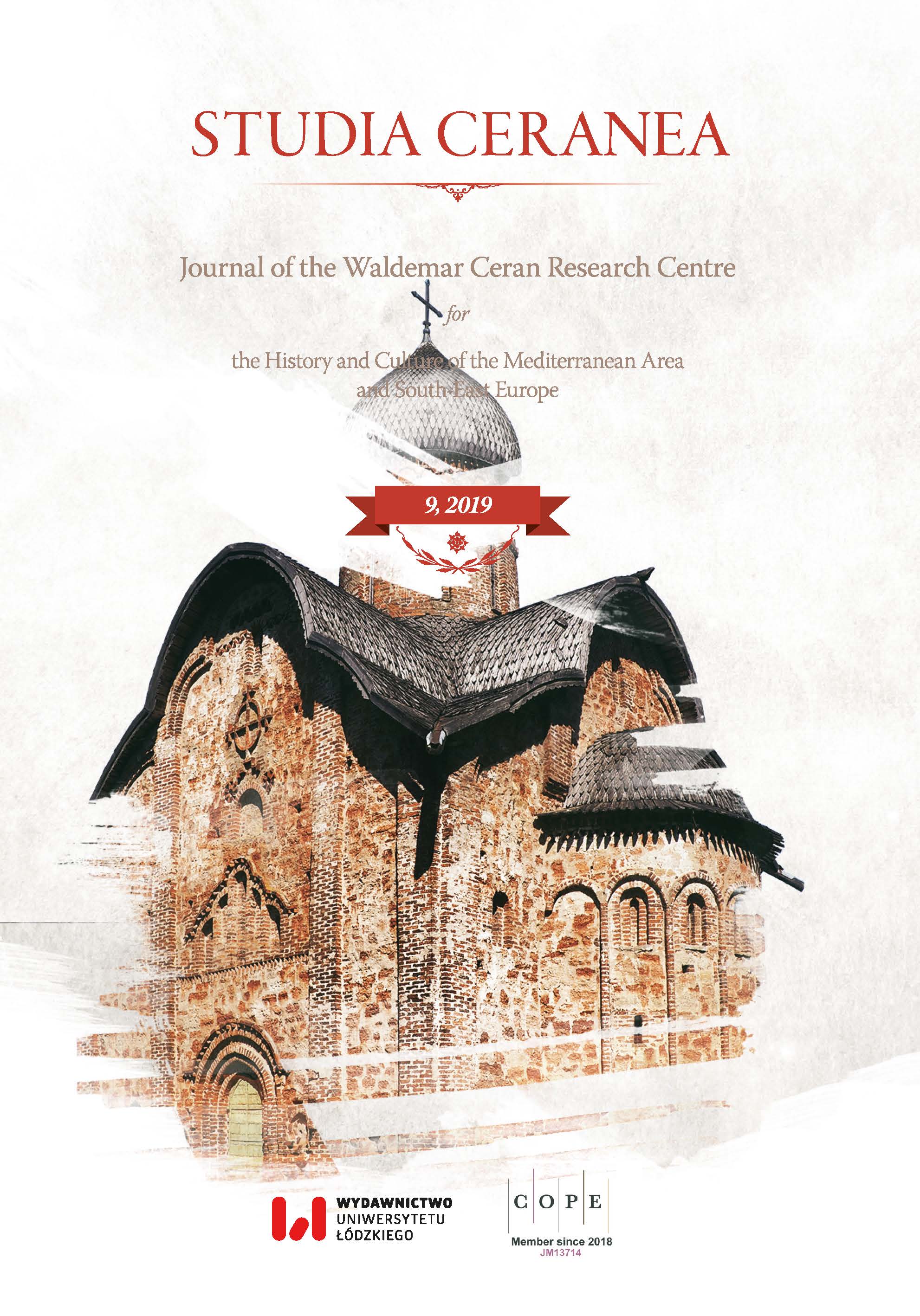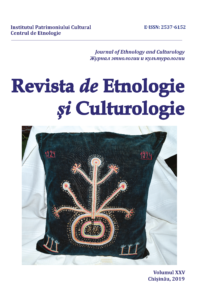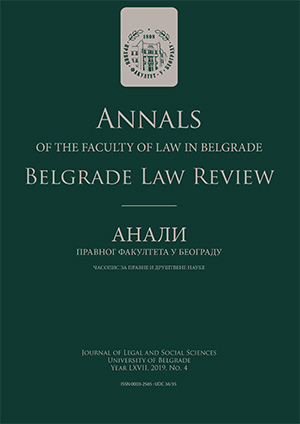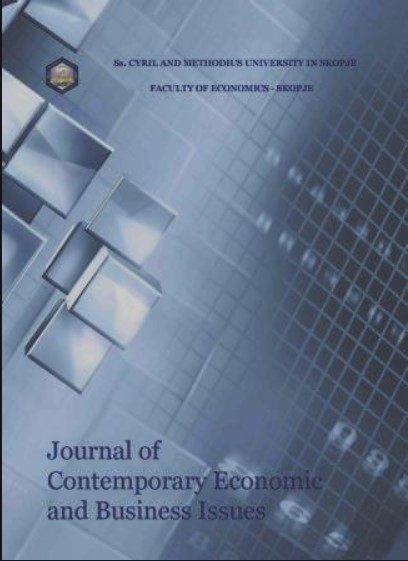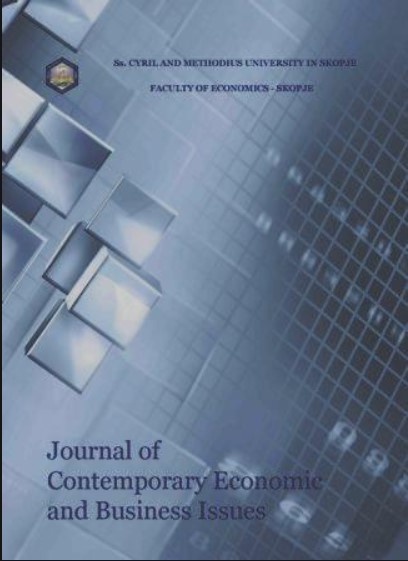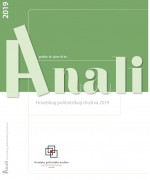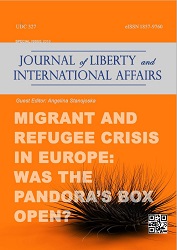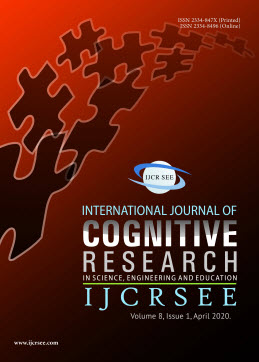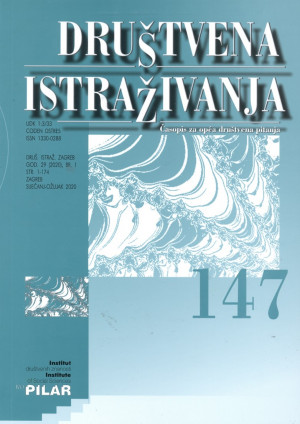Following the Trail of Syrian Refugees in Europe
Author(s): Veronika Bertozzi / Language(s): English
/ Issue: Suppl./2016
Keywords: refugees; refugee crisis; UNHCR;
The “refugee crises” emerged as a term created by the European Member States, which had to face the higher number of asylum seekers since the Second World War. In the end of 2015, Europe, led by the German chancellor, Angela Merkel, proclaimed more welcoming policies toward asylum seekers coming from war-zones, in particular Syrians; who were recognized as the most vulnerable and in-need of a safe haven. Despite of this step forward towards an increasing acceptance of refugees, statistics show that the number of Syrians arriving in Europe seeking international protection remains low compared with Syria's neighboring countries, Turkey, Jordan and Lebanon. According to the United Nations High Commissioner for Refugees (UNHCR), between April 2011 and February 2016, Europe received less than one million (972,012) Asylum applications, while in the same period of time, Turkey registered almost three million (2,688,686) Syrian refugees, Lebanon more than a million (1,055,984) and finally, Jordan 637,859. Thus, all European Member States are currently hosting only around 22% of Syrians who are seeking protection, compared to Syria's neighboring countries. Moreover, an aggressive reaction towards refugees welcoming policies coming from strong European Member States' policy makers grew in Europe from the center and right-wing political parties, as well as from radical ideological groups.
More...
